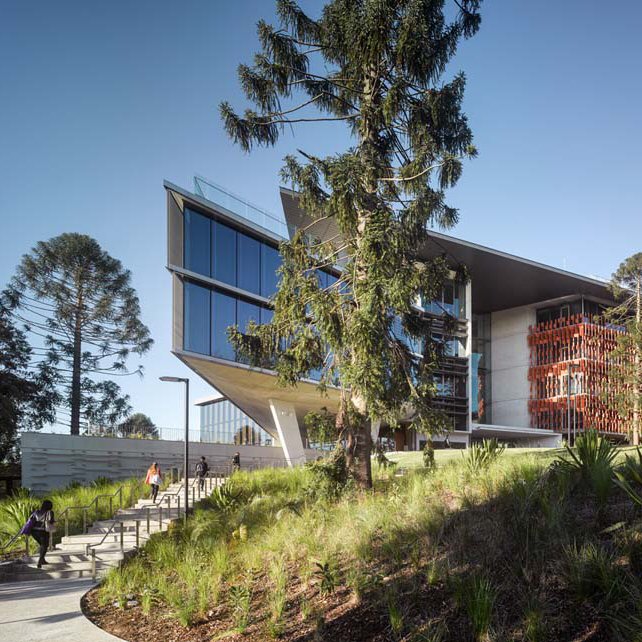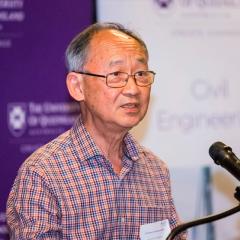 Developing heat shields to enable the exploration of planets beyond Mars, combatting antibiotic resistance, and investigating sustainable large-scale hydrogen production, are just some of the exciting research projects to get underway this year thanks to funding from the Australian Research Council's (ARC) Discovery Projects 2022 Scheme.
Developing heat shields to enable the exploration of planets beyond Mars, combatting antibiotic resistance, and investigating sustainable large-scale hydrogen production, are just some of the exciting research projects to get underway this year thanks to funding from the Australian Research Council's (ARC) Discovery Projects 2022 Scheme.
Researchers from The University of Queensland’s Faculty of Engineering, Architecture and Information Technology (EAIT) were awarded grants for a number of new projects exploring innovations in manufacturing, space exploration, renewable energy and more.
The Faculty’s Associate Dean (Research) Professor Matthew Dargusch congratulated the researchers on their successful applications.
“The ARC Discovery Project grants offer an opportunity for researchers to tackle important fundamental research questions. Consequently, they are a valuable source of funding for our faculty,” he said.
“The ARC received 3095 applications this year and the success rate was just 19 per cent, so it was exciting and heartening that many of our talented researchers were recipients.”
Projects led by EAIT researchers include:
- A $445,000 project to explore a current bottleneck in the manufacturing process for difficult-to-machine optoelectronic brittle materials used in the fabrication of mobile phones, light-emitting diodes, solar cells, sensors, and laser systems.
- A $585,000 project to improve the models used to design the heat shields for probes entering the atmosphere of the giant gaseous planets beyond Mars.
- A $420,000 project that focuses on the prehospital to hospital patient pathway and aims to develop technologies, devices, and displays to support more effective handover of patients between jurisdictions.
- A $420,000 project which aims to discover new alloy additives that can be introduced during additive manufacturing of titanium products in order to make machining operations easier and faster without affecting the quality of the final product.
- A $390,000 project that will focus on the development of new aerobraking technology to reduce spacecraft heating, leading to safer, more efficient, and potentially reusable spacecraft.
- A $460,000 project to pioneer high performance and biodegradable composites using self-reinforced biopolymer composites to improve recyclability and biodegradability.
- A $379,000 project to investigate the effectiveness of widely-used disinfection processes in controlling antibiotic resistant bacteria and antibiotic resistant genes, and to develop a novel, cost-effective and environmentally friendly disinfection process.
- A $224,000 project exploring the coupled effects of stress and temperature changes on concrete structures using an innovative approach combining original physical-based analytical study with novel tests and advanced numerical work.
- A $420,000 project aimed at further developing a general framework for systems modelling and applying the framework to investigate the feasibility and sustainability of large-scale hydrogen production in Australia.
In addition, two ARC Linkage Infrastructure, Equipment and Facilities Scheme grants were also awarded for projects led by EAIT researchers.
This includes a $1.65 million project aimed at establishing a state-of-the-art electron probe microanalysis facility enabling accurate chemical analysis to be undertaken at the micro-scale, and a $475,000 project to develop a Light Detection and Ranging (LiDAR) facility to support leading-edge Australian research in solar power generation management and atmospheric monitoring.
See the full list of ARC Discovery Project grant recipients here.
See the full list of ARC Linkage Infrastructure, Equipment and Facilities Scheme grant recipients here.



